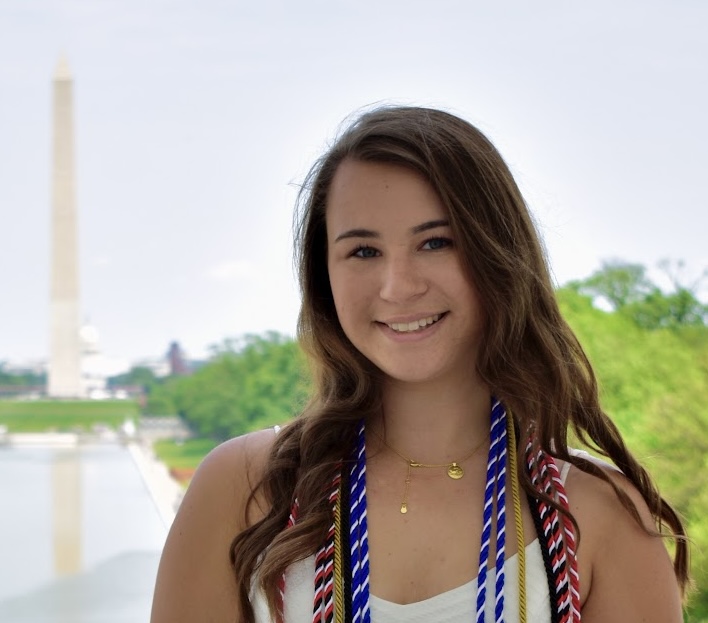Since the North Carolina State Budget’s expansion of the Opportunity Scholarship Program (OSP), interested families have been applying for private school vouchers in droves. In the first two weeks since the application opened on February 1, 47,917 applications have been submitted, and this number is set to continuously grow until the March 1 deadline.
Mike Long, president of Parents for Educational Freedom in North Carolina, is in favor of the OSP, which began in 2013.
“Since the program was created, we have only seen OSP enrollment numbers rise, as has demand for the scholarship, because families across our state deserve to have that choice in their child’s education.”
Over the next decade, private school voucher funding is set to increase by $1.7 Billion, as application submissions are projected to continue growing.
As a result, public school growth is expected to decline tremendously. Whereas the Wake County school district used to grow by 5,000 students annually, planners predict that that number will fall to just over 1,000 new students per year. They also expect a record low growth this fall of only 450 students.
Proponents of public education are lamenting because they would rather that money be sent to public schools, the News and Observer reports. This seems like a legitimate concern; how can public education improve without more funding? The response is simple: why has public education been consistently declining over the past several decades even with the extra funds they have already been receiving?
The OSP is and has always acted as a way out for students who cannot afford to wait around for improvements to never come. It is an investment in the students themselves, rather than the buildings they learn in. This way out is a necessary band-aid on a gashing wound, but it is not by any means a cure.
The students who are able to take their vouchers and run will be fortunate in their education experience, but what about the other 75 percent of NC students who are still attending the ever-declining public schools? That number has declined from over 82 percent a decade ago, and it is set to continue the trend with this expansion of the OSP, but that does not change the fact that a majority of NC students will be enrolled in public education.
Rather than continue to throw more money at schools, it is time for districts to spend more intentionally and make their public schools worthy of competition among their private counterparts. The OSP expansion is a temporary solution, but the end goal must be making public education excellent and student-centered.

